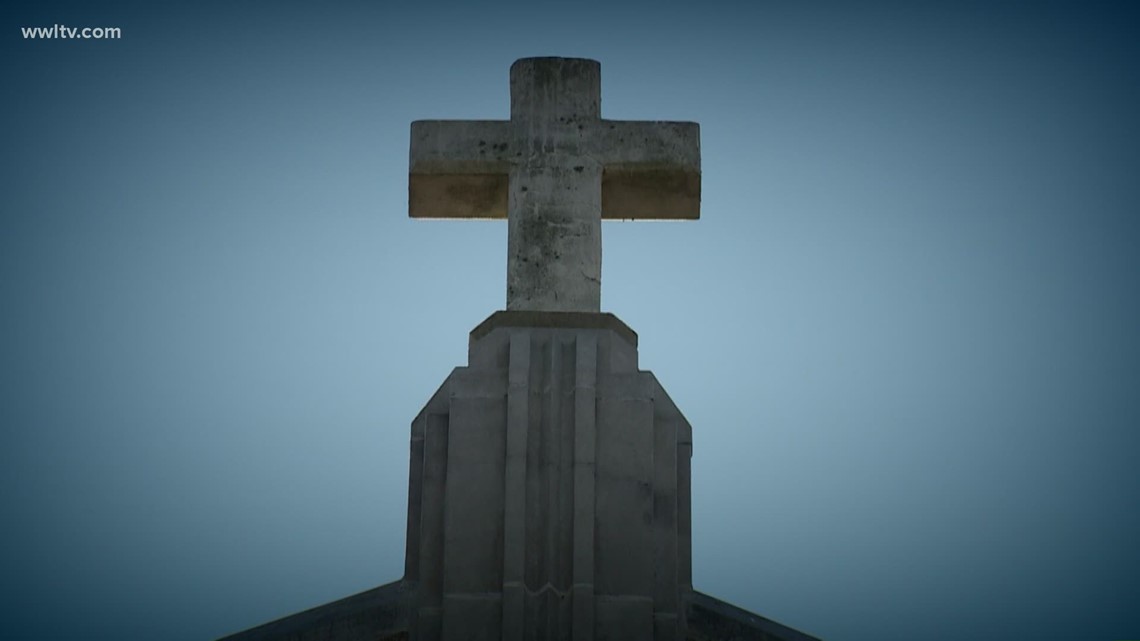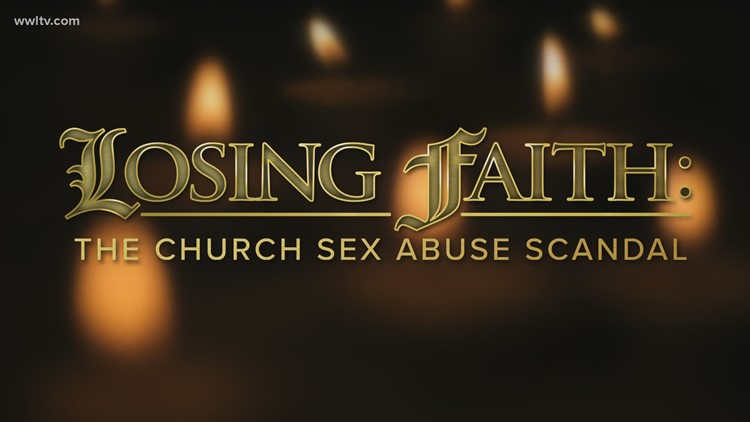NEW ORLEANS — In the final hours of the state legislative session that ended Thursday, lawmakers unanimously approved a bill that removes deadlines for child sex abuse victims to pursue damages in civil court.
The bill also creates a new three-year window where all unresolved child molestation claims — no matter how old — can be pursued in civil court.
The passage of House Bill 492, sponsored by Rep. Jason Hughes, D-New Orleans, is a major victory for survivors of child molestation at the hands of Louisiana's Catholic religious, as well as their advocates.
While the bill applies to a broad group of victims, it received vital support from a coalition of people who were abused by Catholic priests and deacons, their attorneys, and a national advocacy group that was sympathetic to their cause and specializes in strengthening child protection laws.
Hughes’ bill, ratified by the House and Senate on Thursday following a series of amendments, now heads to Gov. John Bel Edwards’ desk to await his signature.
“House Bill 492 will never cure the pain of victims; however, it gives them a chance to achieve justice and hopefully some sense of closure,” Hughes said in a statement Thursday. “This bill will send a powerful message to every vicious predator that child sexual abuse is unconscionable and will not be tolerated or condoned in Louisiana.”


Since 1993, child sex abuse victims in Louisiana have had until their 28th birthday to initiate litigation over their abuse. Hughes’ bill would empower any adult victim who is not yet 28 to pursue damages no matter how long they wait to come forward.
Additionally, for three years after the bill is signed into law, survivors who are older than 28 and haven't previously settled their cases could pursue their claims in civil court.
That puts Louisiana in line to become one of 22 states who have adopted “lookback windows.”
Hughes cited research that showed the average age of disclosure for a child sex abuse victim is 52 years old.
He also had support from dozens of people across the state who were abused as children by Catholic priests, deacons, brothers and nuns decades earlier. Many of them said they had not been able to come forward about their ordeals until decades after their 28th birthday, and the courthouse doors were essentially closed to them.
Nonetheless, the bill now headed for Edwards’ desk is significantly different from the original version.
To get the bill through the House, Hughes agreed to exclude a lookback window and to extend the key deadline to a victim’s 53rd birthday. He said the concessions resulted from his desire to avoid a fight with the insurance lobby.
But when the bill advanced to the Senate, Sen. Cameron Henry, R-Metairie, proposed amendments that added back the lookback window and eliminated the deadline to come forward. The Senate on Thursday approved the amended bill by a vote of 32-0. The House also voted 101-0 in support.
The one entity to express opposition to Hughes’ bill at any stage was Louisiana Conference of Catholic Bishops director Tom Costanza.
He submitted a card expressing opposition to advancing Hughes’ bill to the Senate. But he didn’t speak on the issue at the May 11 hearing or renew his objection as the legislation progressed.
The state’s largest Catholic institution, the Archdiocese of New Orleans, has all but insulated itself from future lawsuits over the clerical molestation scandal.
The archdiocese filed for bankruptcy protection last year. As part of that case, people alleging that they were sexually preyed upon by archdiocesan priests and deacons had to file a claim for compensation by March 1 or forever lose the right.
However, Hughes’ bill opens the door for victims to seek damages for harm suffered at the hands of an abuser at institutions that haven’t declared bankruptcy, such as religious orders and lay organizations working with young people.
Child USAdvocacy Executive Director Kathryn Robb, who helped Hughes draft the legislation, said the bill’s approval Thursday marked “a great day for the children of Louisiana and fundamental notions of justice.”
“Louisiana just moved to the front of the class in child protection and justice,” she said.



